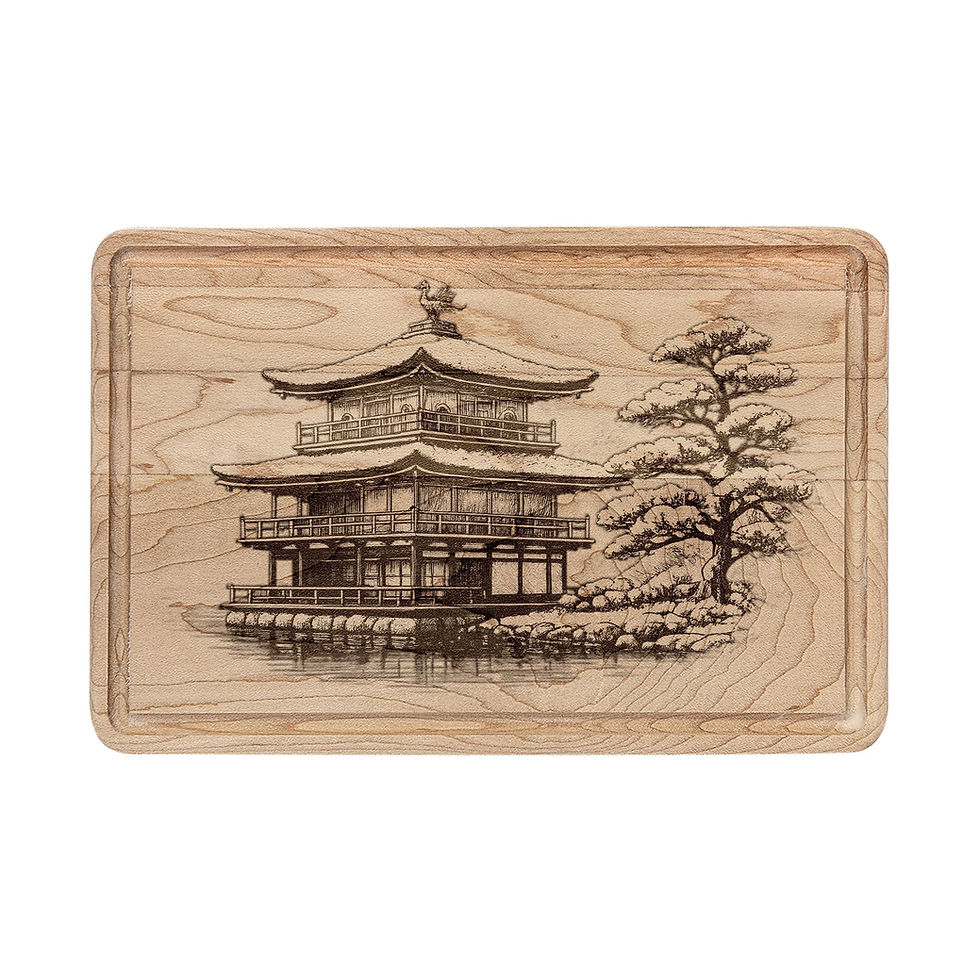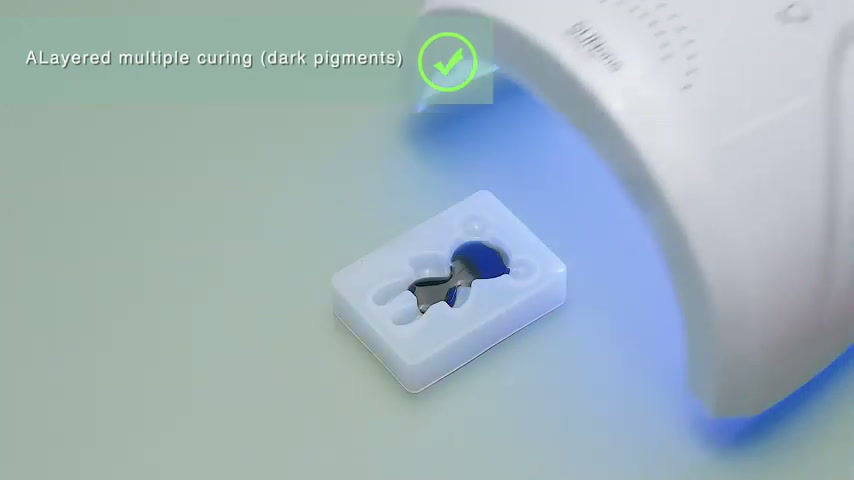A Prague Café in Miniature: A Czech-Style Diorama for the Coffee Connoisseur
- Brandon

- Dec 28, 2023
- 7 min read
Updated: Aug 25, 2025
First Impressions in Miniature
Welcome to a pocket of Prague where the espresso is eternally hot and the pastries are zero-calorie because—plot twist—it’s all under 1:12 scale. This miniature Czech café diorama drips with Art Nouveau elegance: tall arched windows framing a cobbled street, a verdigris back bar with carved pilasters, and a showpiece copper espresso contraption that looks half machine, half cathedral. Warm globe pendants cast honey light across tufted banquettes, tiny café tables, and potted ferns that seem to inhale the steam. The palette leans mocha and pistachio—oxidized greens, burnished copper, cream tile with charcoal grout—so the whole scene reads as Prague Art Nouveau miniature café comfort. Peek through the miniature bay windows and you’ll spy a mosaic pavement outside, the kind you’d tiptoe across after a matinee at the Municipal House.
Why This Photo Needs the VIP Treatment
Quick caffeinated PSA: this image is optimized for web viewing. If you tap-and-save, then print it at home, it’ll look like someone brewed it with day-old grounds—soft and fuzzy, not café-sharp. For display-worthy clarity and color, order the professional high-resolution canvas print. It’s the difference between “Is that a plant?” and “Oh wow, those are maidenhair fronds.” And yep: FREE U.S. shipping. Treat your wall like a regular—give it the good stuff. https://www.smallworldminiatures.com/product-page/a-prague-caf%C3%A9-in-miniature-a-czech-style-diorama-canvas-print
The Tiny Legends
Locals (all three centimeters tall) know this place as Kavárna U Hodin—The Café at the Clock. It was “founded” in 1903⅓, when the then-mayor, Bohumil Trnka, accidentally approved blueprints for a full-size coffee palace that got washed in the laundry and shrank. The house barista, Lenka “Gasket” Malá, is part-barista, part-engineer; she tuned the steam valves so precisely that when the espresso machine sighs, the topiary nods back. The café cat, Pan Fousek, naps behind the pastry case and occasionally resets the wall clock to his preferred hour, 10:04—the exact minute the Astronomical Clock winks.

Easter egg for eagle eyes: find the tiny chalkboard that reads “Trdelník Tuesdays – 42 Kč” and the minuscule cup on table three with a foam heart that’s actually a painted pin-head. If you spot both, congratulations—you are now an honorary resident, entitled to one imaginary espresso per visit.
From Big World to Small
The diorama borrows generously from Prague’s Art Nouveau boom—think the sweeping ornament of Obecní dům (Municipal House) and the sinuous poster art of Alfons Mucha. You can feel the Secessionist influence in the café’s floral capitals and rhythm of repeating arches. The patinated greens whisper of copper roofs along the Vltava, while the gilded highlights nod to grand cafés like Café Louvre and Café Slavia, those turn-of-the-century salons where writers argued, musicians plotted, and waiters judged quietly. There’s even a wink at Czech Cubism—check the geometric millwork around the bar and the faceted lamp arms—like the angular bravado of Grand Café Orient distilled to espresso.

Why it matters: Art Nouveau married craftsmanship with modern life, insisting that everyday spaces deserved beauty. Translating that ethos into a miniature dollhouse café means celebrating curves, botanical ornament, and the romance of materials—wood, glass, tile, and copper—on a stage so small even the ferns have secrets.
A Guided Tour of the Build
Start at the left wall: three elongated arches stretch from floor to cornice, glazing so clear you catch a slice of street life—cyclists, a checkerboard sidewalk, warm shopfronts beyond. The muntins (window grids) are impossibly slender, likely laser-cut or 3D printed, then painted satin black for that tailored, gallery-frame look. A caramel tufted banquette nests beneath, its seams evenly spaced; that’s leatherette scored with a ball stylus and shaded with a burnt umber wash. A round table hosts a porcelain demitasse the size of a sunflower seed and a perfectly crumb-free plate because housekeeping here is ruthless.
Pivot to the center and the room opens into a copper-crowned island—a circular bar polished like a Stradivarius. Brass valves, braided hoses, and pressure dials suggest working steam. The countertop edge has a bullnose profile; it reads as real wood because the maker feathered layers of raw sienna and van dyke brown over a warm base, then sealed it satin. Above, four pendant orb lights descend on slender stems, each globe a bead dome filled with warm-white micro LEDs—the color temperature looks around 2700K, ideal for a café glow.
Behind it, the back bar steals the show: paired columns with botanical capitals frame a central arch chock-a-block with bottles, a sparkle of resin “glass,” and mirror fragments that multiply the light. The cabinetry’s green-gray body wears a whisper of dry-brushed silver on the edges—instant aged lacquer. Carved mask motifs wink from the cabinet doors, and I’m told Mayor Trnka insisted on those. “If the city must watch, let it be stylish,” he declared, approving the color that became known locally as Trnka Green.
Climb visually to the upper gallery: arched niches cradle potted ferns and trailing ivy, likely made from fine paper laser cut leaves over wire armatures, sealed with matte medium and tickled with pastel chalks for variegation. The cornice is heavy with ornament; a dilute sap green wash settles in the recesses, conjuring decades of soot and spring rain.
Now to the right corner, where a copper boiler kiosk (samovar? time capsule? both?) stands like a tiny observatory. Its oculus windows and finial are sparingly highlighted with a gold wax paste; the effect is jewel-like without shouting. A tall planter boxes in the seating nook, bristling with pampas-like plumes and fat asplenium fronds—foam foliage and static grass mixed for texture, bases dressed with fine turf and tea-leaf scatter. The woodwork wainscot here goes deeper brown, balancing the green cabinetry opposite so your eye ping-pongs across the room. The floor mediates the tones: parquet planks along the threshold, then a mosaic tile rug—cream tesserae with charcoal borders—printed decal over scored card, with a graphite powder rub to hint at grout.
Compositionally, the L-shaped shell frames a three-beat rhythm—window, island, boiler—kept cohesive by warm copper accents and repeating arches. The focal path is cinematic: street light → copper machine → right-hand glow, with plant forms softening every hard edge. It’s a masterclass in scale drama: small space, big gestures.
Where You’ve Seen This Before
If the vibe feels familiar, it’s because the diorama riffs on real and legendary interiors:
The sweeping ornament and patina channel Municipal House and Hotel Europa’s café rooms.
The copper machinery nods to historic La Pavoni espresso boilers and steampunked showpieces you sometimes spot in heritage cafés.
The tall, gridded windows and checkerboard pavement echo streets around Old Town and Na Příkopě.
In miniature land, you’ll recognize kinship with meticulously dressed café scenes by studio builders like Mulvany & Rogers and the elaborate interiors seen at Miniatur Wunderland, where lighting sells the illusion.

Make Your Own Magic
Want to brew your own miniature Czech café? Here’s a practical, step-by-step roadmap.
1) Shell & Surfaces
Walls & arches: Layer 3mm foamboard with a 0.5mm card face, then laser-cut or hand-cut arches. Seal foam edges with PVA before paint to avoid fuzz.

Cornice & pilasters: Build profiles by stacking strip styrene. Press leaf shapes into polymer clay for organic capitals; bake, then paint.

Tile rug: Print a high-resolution mosaic pattern on matte photo paper. Score “grout” channels lightly, then dust with gray pastel and fix with hairspray.

2) Color & Patina
Trnka Green recipe: Mix Payne’s Gray + Sap Green + a whisper of Naples Yellow. Basecoat matte; glaze with very thin raw umber to collect in crevices.
Copper finish: Black base → metallic copper → stipple transparent turquoise and viridian inks → knock back with satin varnish. Touch edges with gold wax.

Aging: Use a cool gray filter (1:10 paint to water) over lower cabinets and floor to suggest years of mopping.

3) Fixtures & Fittings
Espresso machine: 3D print the body or kitbash from pen caps, beads, and watch gears. Add watch hands as pressure needles. Hoses = guitar string sheaths.
Globe pendants: Clear round beads drilled through, slid onto 040 brass wire. Feed pico LEDs up the stems; hide resistors under the bar.
Mirrors & bottles: Acrylic mirror sheet for the back; bottles cast in UV resin tinted with alcohol inks. A quick gloss coat makes them read as glass.

4) Seating & Textiles
Tufted banquette: EVA foam wrapped in thin faux leather. Mark a grid, press with a ball stylus, and add micro-brads or painted pin-heads for buttons.
Chairs: Bend 0.8mm brass rod around a dowel for curved backs; seat disks are card wrapped in ultrasuede.

5) Plants & Planters
Topiaries: Foam spheres on toothpick trunks, covered in fine turf and sealed in matte medium; tease with a toothbrush for shape.
Ferns: Laser-cut paper fronds (search “fern silhouette” for templates) painted in two greens; flick tips with pale sap for new growth.
Planter boxes: Strip basswood with panel lines burned in by a soldering iron—gives a real crisp shadow.

6) Lighting & Atmosphere
Warm café glow: Use 2700–3000K LEDs and dim them to 60–70% with inline resistors so highlights don’t blow out.
Reflections: A subtle coat of gloss medium on window panes sells condensation and street glare.

Scent (optional, adorable): A cotton swab under the bar dotted with coffee-scent oil. The viewer’s nose will do the rest.
7) Details That Make People Squeal
Pastries: Polymer clay rolls textured with a toothbrush; dust with soft pastel “cinnamon,” glaze with UV resin “syrup.”
Menus & tickets: Tiny laser-printed cards on cream paper, edges dirtied with chalk. Add a 1pt Mucha-ish border for Prague flair.
Time trick: Set the café clock to 10:04 (Pan Fousek’s hour). Viewers can’t explain why it feels right, but they’ll remember it.

8) Photographing the Magic:
When your café is finished, capture it like a real one: use soft, diffused lighting for a warm café glow, and shoot from eye level to keep the perspective believable. A macro lens or smartphone macro mode will reveal the details, while a blurred background or printed street scene helps sell the illusion. A spritz of water on the windows or a touch of backlight adds just the right café atmosphere.
Quick Wins
Dry-brush silver on green cabinetry to pop edges—instant antique.
Use graphite powder on tile to fake grout without mess.
Hide all LED leads in hollow brass lamp stems—clean build, no spaghetti.
Pin-heads make perfect latte art dots and banquette tufts.
Tea leaves = unbeatable planter mulch. Cheap, convincing, smells cozy.
Until Next Time in the Small World
Kavárna U Hodin will keep the lights warm for you—Lenka will polish the copper, Mayor Trnka will practice a ceremonial sip, and Pan Fousek will (probably) reset the clock. What’s your favorite detail in this miniature? The copper boiler? The leafy mezzanine? The pastry with suspiciously realistic glaze? Tell us in the comments. And if you’re building your own café, tag your progress with #smallworldminiatures so we can cheer you on. Want a monthly shot of tiny inspiration? Sign up for our newsletter—the box is waiting at the bottom of the page.
Hashtags:
#smallworldminiatures #miniaturephotography #miniaturediorama #dollhouseinteriors #artnouveau #czechdesign #pragueinspired #miniaturecafe #dollhousecafe #scaleModel #miniaturearchitecture #modelmaking #miniaturelighting #foamboardcraft #3dprintedminiatures #polymerclayfood #weatheringtechniques #dollhousefurniture #dioramainspiration #miniatureplants #tinyart #craftblog #architecturelovers #steampunkespresso #gallerywrap #canvasprint #freeShipping #hobbycommunity #creativebuilds































































Comments